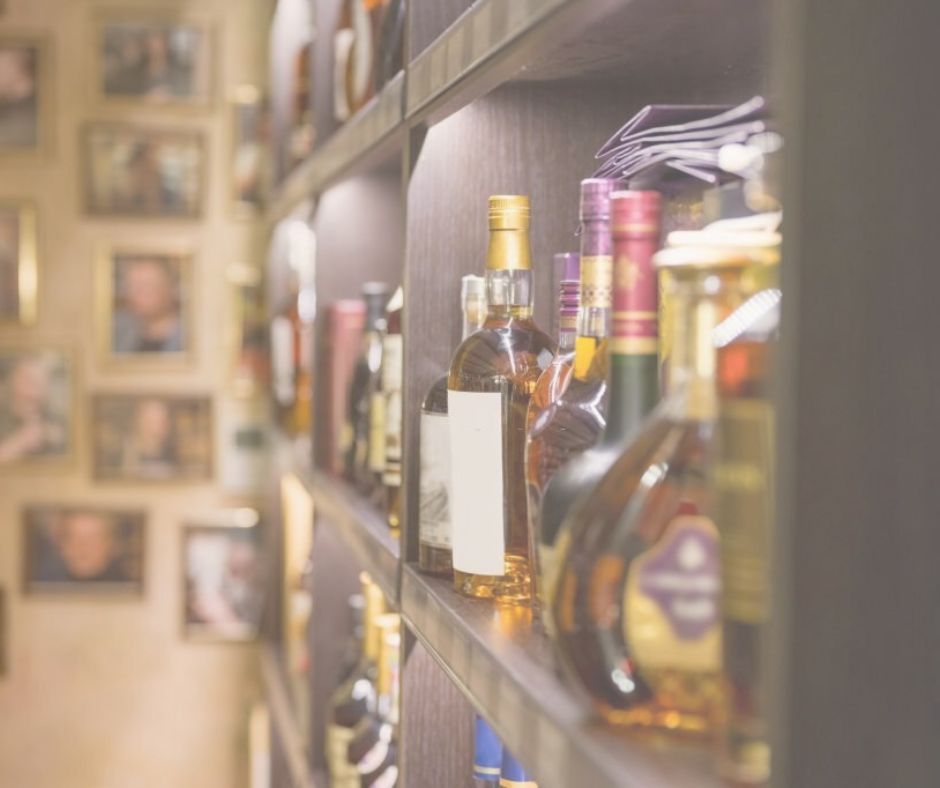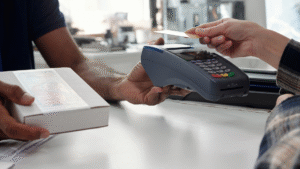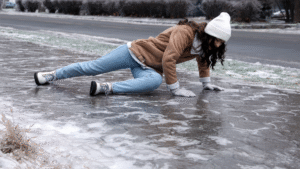
Drinking and driving is dangerous. According to the Washington Traffic Safety Commission, 2022 was the deadlies year on Washington roads and highways for over 30 years. And according to the National Highway Traffic Safety Administration (NHTSA), drug and alcohol impairment is involved in more than half of fatal crashes. To help reduce these tragedies, Washington enacted a dram shop law that holds establishments that serve drunk drivers civilly liable. Under Washington State’s dram shop law, any establishment (such as restaurants, bars, and pubs) that sells or serves alcohol to visibly intoxicated persons can be held liable if those individuals subsequently cause injuries or fatalities while driving under the influence. But what do dram shop laws and liability really prevent, and how do they work? Read on to learn more about Washington State dram shop laws and liability and how a Washington State dram shop liability attorney can help.
What Is Washington’s Dram Shop Law?
Under dram shop law, establishments can be held liable if they sell or serve alcohol to intoxicated customers who then cause harm or fatalities while driving. If a person is “apparently under the influence of alcohol,” a business may not serve them.
Signs of Intoxication
Telling an intoxicated person that you can’t serve them seems straightforward, but in practice, this can be tricky. Washington law requires that establishments holding liquor licenses train waitstaff and bartenders to recognize signs of intoxication. These include:
- Slurred speech,
- Slow speech,
- Unintelligible speech,
- Slow reaction time,
- Instability standing or walking,
- Red or watery eyes,
- Lack of judgment,
- Heightened emotional response, and
- Loss of fine motor skills.
In addition to these signs, staff should keep track of how many drinks a customer has consumed and note the strength of the drinks.
Types of Dram Shop Lawsuits
In Washington State, there are two types of dram shop lawsuits: first-party and third-party.
First-Party Cases
First-party dram shop cases are limited to situations where a minor is being served. It is illegal to sell or provide alcohol to persons under 21, and this may create liability if violated. If an establishment sold, furnished, or served alcohol to a minor and the intoxicated minor was injured as a result, that establishment can be held liable for damages.
Third-Party Cases
When it comes to Washington State dram shop laws and liability, third-party cases are the most common and make up the majority of dram shop filings. These cases arise when an intoxicated person injures another individual. The most common example is when an establishment overserves a person who is clearly intoxicated and that person injures someone in a motor vehicle accident.
Proving Liability in Washington Dram Shop Lawsuits
While all dram shop claims are personal injury lawsuits, they can be based on different legal theories.
Negligent Conduct
To prove negligence in Washington, a plaintiff must show that a duty of care existed, that the duty was breached, that damage resulted, and that the breach caused the damage. These elements apply to both personal injury and wrongful death cases.
Reckless Conduct
In Washington, reckless conduct occurs when someone knows of and disregards a substantial risk that a harmful act may occur. Disregarding the substantial risk must be a gross deviation from conduct that a reasonable person would exercise in the same situation.
Intentional Conduct
A business is guilty of intentional conduct if it knowingly serves alcohol to a minor or to someone who is obviously or habitually intoxicated.
Washington Dram Shop Law Versus Social Hosting Laws
Dram shop laws and liability aren’t the only way to hold a third party liable for a DUI. Social host liability laws detail the circumstances where a social host may be liable for another person’s injuries. These are different from dram shop laws, which cover businesses that sell alcohol to the public. By contrast, social hosts are individuals who privately serve alcoholic beverages to invited guests. Social host liability is limited to situations where the host serves alcohol to minors.
Choose the Dram Shop Lawyers at Brett McCandlis Brown & Conner
If you or a loved one has been hurt by an intoxicated person in Washington State, you may not know where to turn. In these situations, it is important to seek the services of an attorney who understands Washington dram shop and personal injury law. At Brett McCandlis Brown & Conner, we are here to help. Our firm boasts over 50 years of combined experience, millions collected on behalf of our clients, and regular recognition from clients and peers alike. We work on a contingency-fee basis and charge no up-front costs or fees and no hourly rates. If your case is successful, we collect a portion of the verdict or settlement. Call one of our offices today to set up a consultation, or fill out our online contact form to get started.


